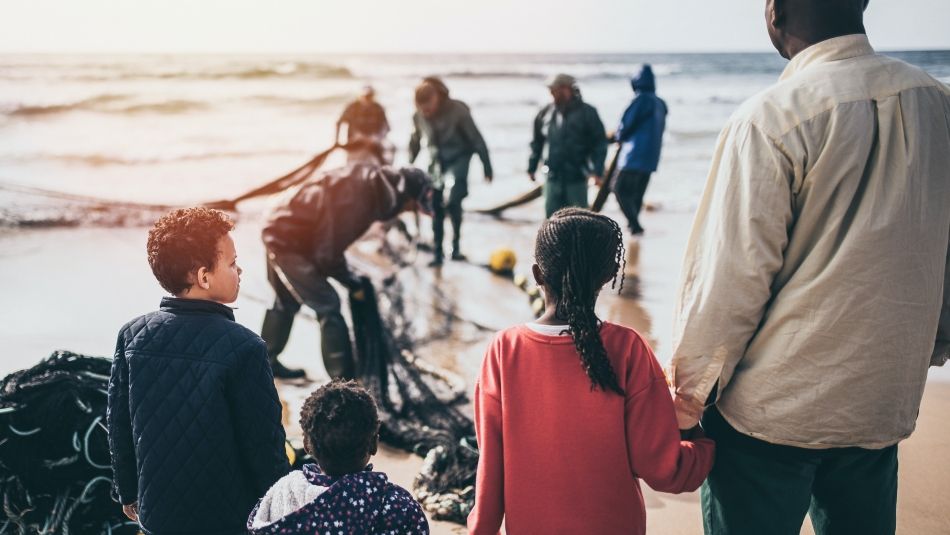
Share
On June 20, we observe World Refugee Day, a crucial opportunity to raise awareness and advocate for the rights and well-being of refugees worldwide.
According to the UNHCR, the number of refugees surpassed 35 million by the end of 2022, with an additional 108.4 million people forcibly displaced from their home countries due to various reasons such as war, conflict, famine, human rights abuses, and climate change. Shockingly, the global displacement crisis now exceeds the scale seen during World War II.
Today, marginalized and equity-seeking groups face increasing hostility in their pursuit of peaceful and secure lives.
Examples of such hostility are evident in countries like Uganda, where the government recently enacted one of the world's strictest anti-LGBTQ+ laws, imposing the death penalty for same-sex relationships. Furthermore, violent conflicts in Sudan, the Tigray region in Ethiopia, and various parts of Latin America continue to displace residents, forcing them to seek refuge from chronic poverty and political instability.
Unfortunately, the influx of refugees has prompted numerous countries, particularly wealthier and more developed nations, to adopt an alarming approach of criminalizing and excluding migrants and refugees. These countries often prioritize their own political interests, erecting physical and legislative barriers that prevent people in need from finding safety. For instance, in the U.K. and the U.S., strict laws have been implemented to effectively ban asylum seekers from entering these countries.
Governments justify these policies by perpetuating the myth of scarcity, claiming pressure on strained healthcare systems and social welfare programs. Ironically, these same governments consistently cut funding for critical health and public services, neglect investment in affordable housing, restrict access to income security and social assistance programs, and weaken labour laws to favour corporations, leaving workers in a constant state of economic insecurity.
While rich nations tighten their borders, countries with fewer resources are burdened with the responsibility of providing assistance to those in need. Shamefully, low to middle-income countries currently host approximately 83% of the world's refugees.
Regrettably, Canada is not exempt from this global trend.
Recently, Canada and the U.S. expanded the Safe Third Country Agreement as a means to discourage asylum seekers from "unlawfully" entering Canada. However, this agreement has been deemed unconstitutional and criticized by advocates, as it pushes migrants and refugees towards riskier and more dangerous means of seeking refuge.
Unifor has expressed deep concern regarding the deaths of eight migrants, including two children, who tragically drowned in the St. Lawrence River last March while attempting to cross into the U.S. We recently submitted a letter to the Federal Public Safety Minister, underscoring these concerns.
Unifor's commitment to solidarity knows no borders, and we steadfastly support refugees and asylum seekers in their pursuit of safety and a better life.
We believe in this cause not only because it is the right thing to do but also because refugees are workers, including current and future members of Unifor.
Through our Social Justice Fund, we collaborate with several organizations that aid migrants fleeing dangerous situations at a global level, such as the UNHCR and Doctors Without Borders.
We also offer support to national advocacy groups, including the Migrant Rights Network and the Canadian Council for Refugees, and assist community-based organizations like the FCJ Refugee Centre, Action Réfugiés Montréal, and Romero House, which help refugees settle and rebuild their lives in Canada.
Canada must intensify its efforts to protect the rights of asylum seekers and demonstrate its unwavering commitment to human rights by upholding international laws.
We urge Canada to become a global leader in ensuring that refugees are treated with dignity, respect, and equal opportunities to build better lives within the country.


